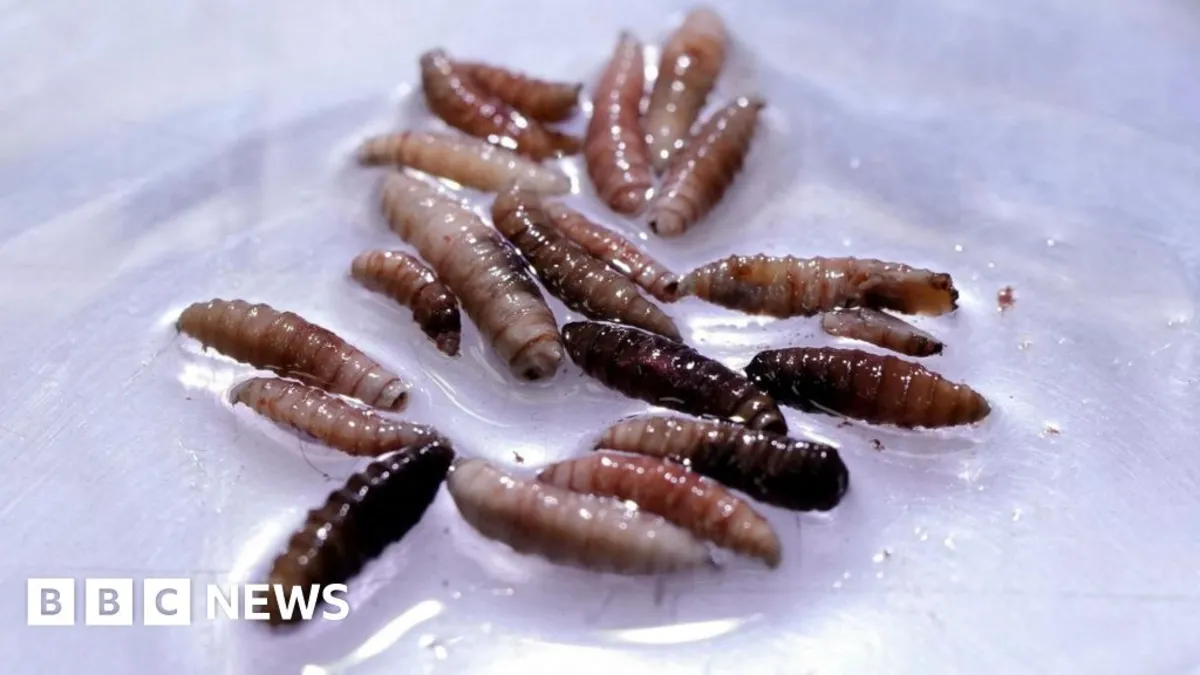
The first human case of a flesh-eating parasite infestation has been officially confirmed in the United States, according to health authorities. This alarming discovery involves the New World screwworm (NWS) myiasis, which was detected in a patient who had recently returned from El Salvador. The Department of Health and Human Services (HHS) announced the confirmation of this case on August 4th.
NWS myiasis is a parasitic infestation caused by the larvae, or maggots, of parasitic flies. While this pest predominantly affects livestock, officials have assured the public that the risk to overall health in the United States remains very low at this time. The Centers for Disease Control and Prevention (CDC) has been actively involved, collaborating with Maryland's health department to thoroughly investigate this unique case.
HHS spokesperson Andrew Nixon highlighted that this marks the first known human case of travel-associated NWS myiasis from an outbreak-affected country identified in the US. The New World screwworm is particularly notorious for feeding on live tissue, and it is typically found in regions of South America and the Caribbean. Despite ongoing efforts to prevent its northward spread, cases have now been documented in every Central American country, including Mexico.
The USDA's Animal and Plant Health Inspection Service (APHIS) has joined forces with various agricultural agencies, the State Department, and the Food and Agriculture Organization of the United Nations to address this urgent outbreak. When NWS fly larvae invade the flesh of a living animal, they inflict serious, often fatal damage, as reported by the USDA. This pest can affect livestock, pets, wildlife, and, in rare instances, humans.
A screwworm outbreak in livestock poses significant economic threats, potentially jeopardizing more than $100 billion (£73.9 billion) in economic activity associated with the cattle and livestock industry. This critical issue was underscored by the USDA earlier this month, emphasizing the need for vigilance and prompt action to mitigate the risks associated with this devastating pest.